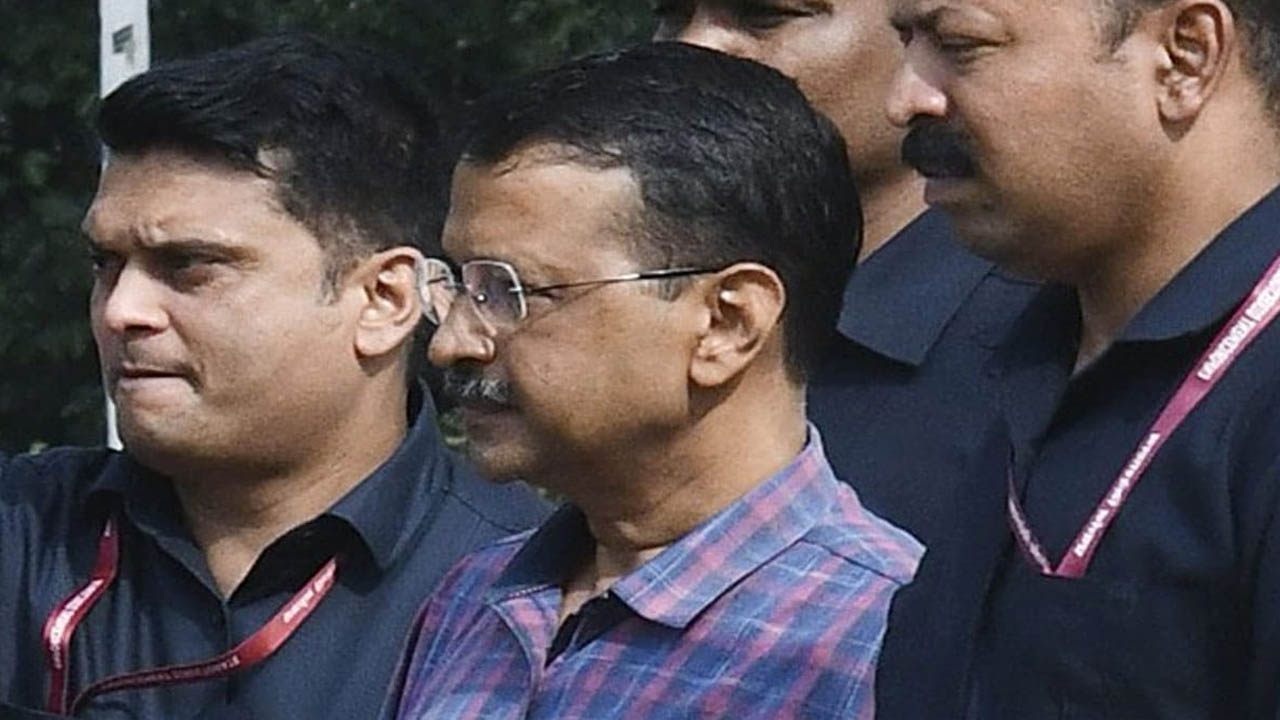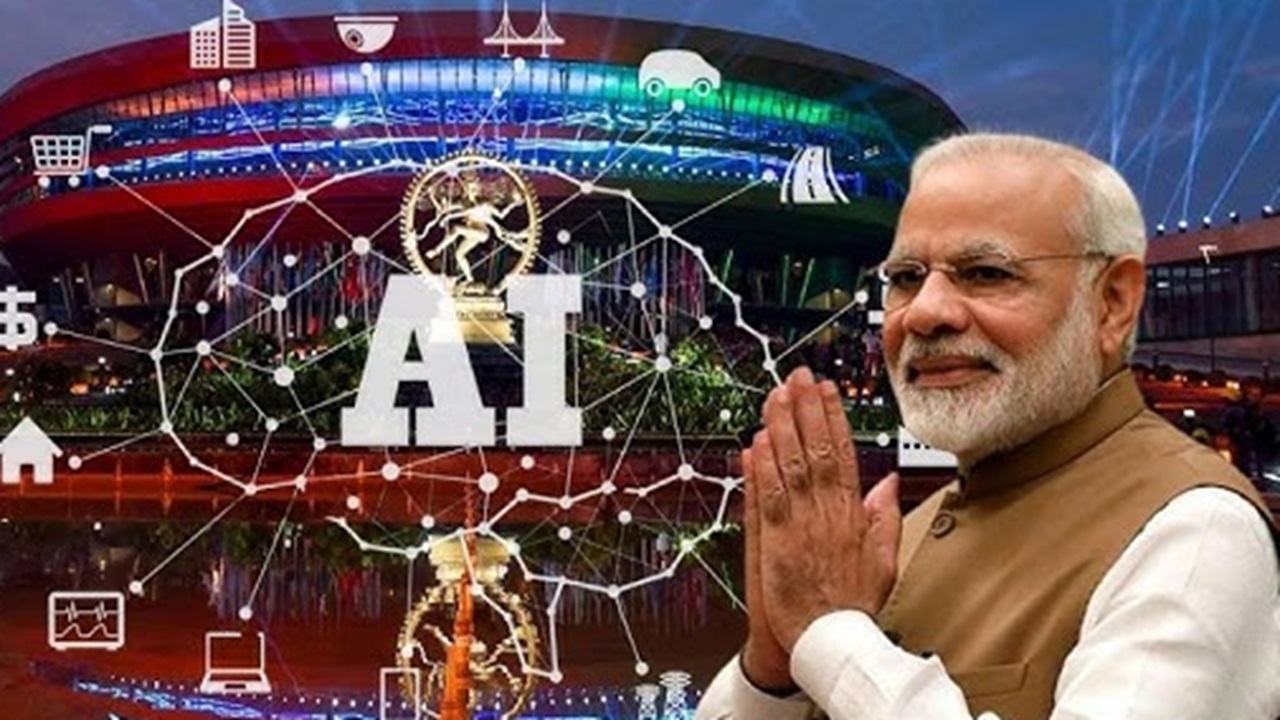Relief Granted: In a significant development, the Supreme Court has provided interim bail to Delhi Chief Minister Arvind Kejriwal until June 1, offering a respite amidst legal proceedings.
Consideration of Election Period: The bench, comprising Justice Sanjiv Khanna and Dipankar Datta, took into account the ongoing Lok Sabha election while passing the order, acknowledging the need for Kejriwal’s participation in electoral activities.
Surrender Date: As per the court’s directive, Kejriwal must surrender on June 2, the day after his interim bail expires. Interestingly, this coincides with the election result day on June 4, adding a unique twist to the timeline.
Bail Conditions Pending: While the interim bail has been granted, the detailed order outlining specific bail conditions is yet to be released. This impending document will provide clarity on the terms of Kejriwal’s release and any accompanying restrictions.
Case Background: Kejriwal’s arrest on March 21, in connection to a money laundering case linked to the defunct excise policy, led to his imprisonment in Tihar jail. The interim bail now offers him temporary reprieve from his incarceration.
Opposition by Enforcement Directorate: Notably, the Enforcement Directorate (ED) opposed Kejriwal’s plea for interim bail, arguing against the precedence of providing such relief during electoral periods.
Court’s Rationale: Despite the ED’s objection, the Supreme Court deliberated on the matter and concluded that granting a 21-day interim bail to Kejriwal wouldn’t significantly disrupt the legal proceedings or jeopardize the case’s integrity.
Campaigning Allowance: Moreover, the bench hinted at permitting interim bail to enable Kejriwal’s campaign efforts, albeit with the stipulation that he refrains from engaging in official duties during this period, ensuring a clear demarcation between political activities and administrative responsibilities.
Solicitor General’s Argument: Tushar Mehta, representing the ED, emphasized the principle of equality before the law, questioning any preferential treatment based on Kejriwal’s political stature. He raised concerns about the potential implications of carving out exceptions for politicians in legal matters.
Judicial Perspective: In its deliberations, the apex court underscored the periodic nature of elections and the importance of upholding the principle of equitable treatment under the law, irrespective of an individual’s political position or influence.
(With inputs from agencies)








